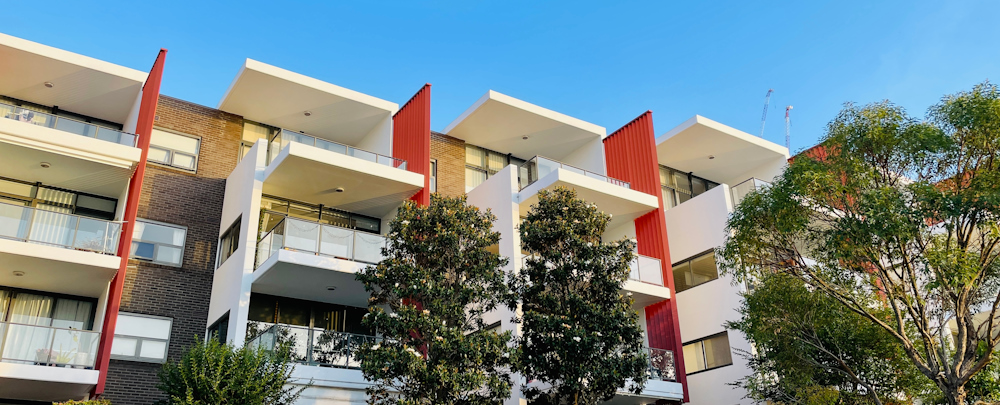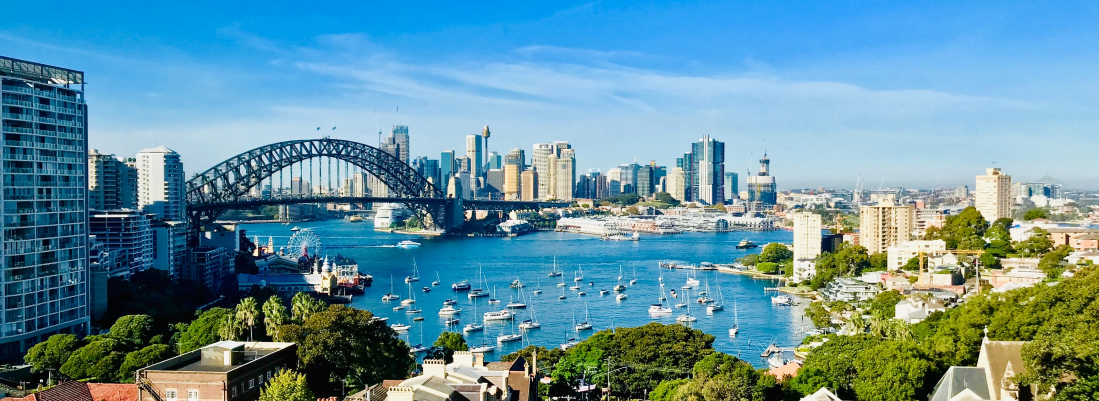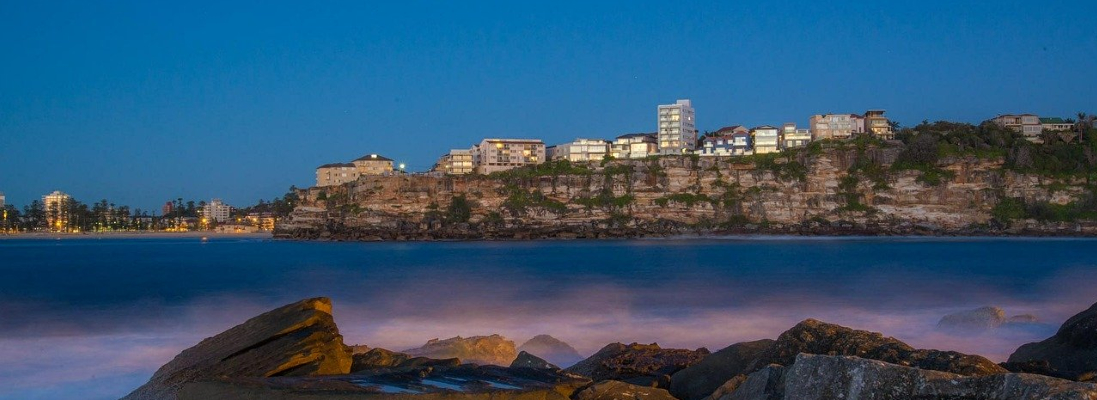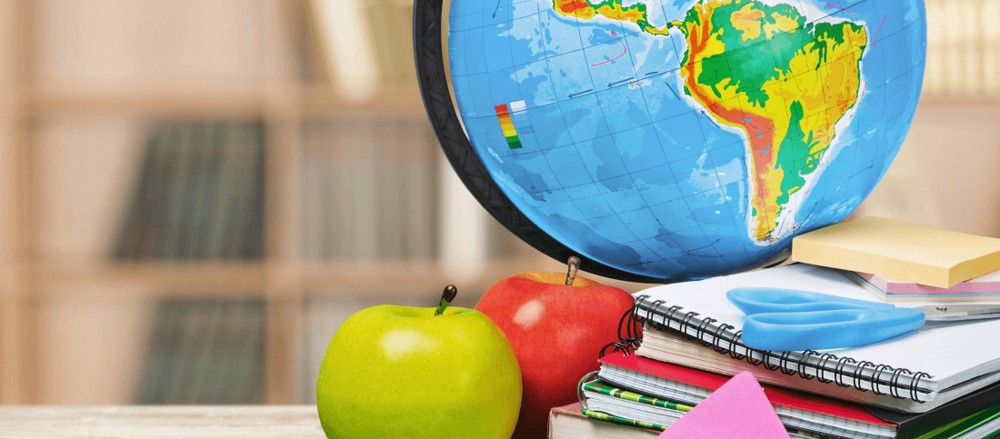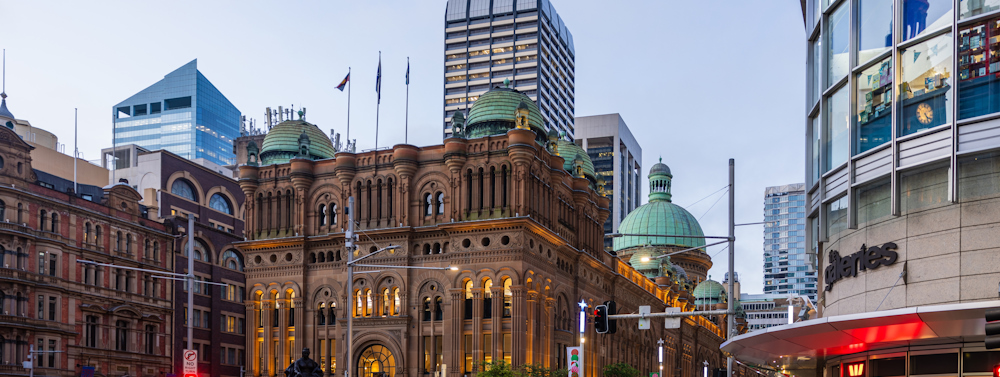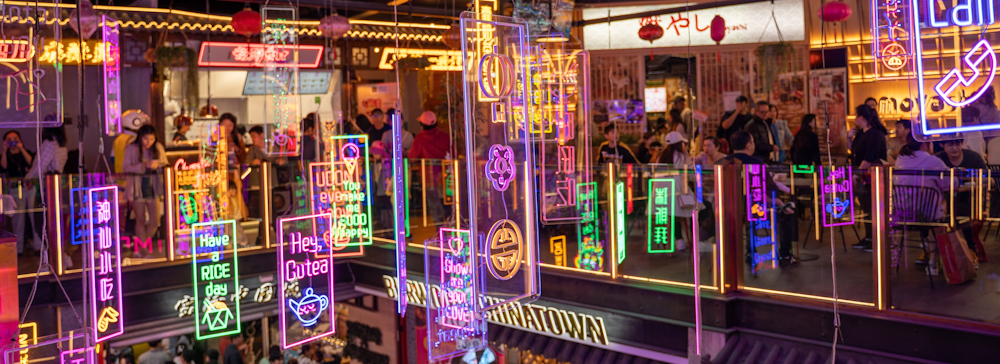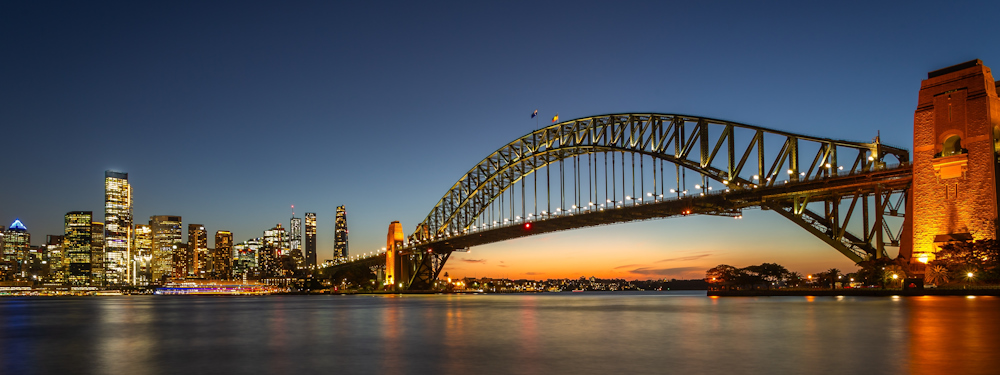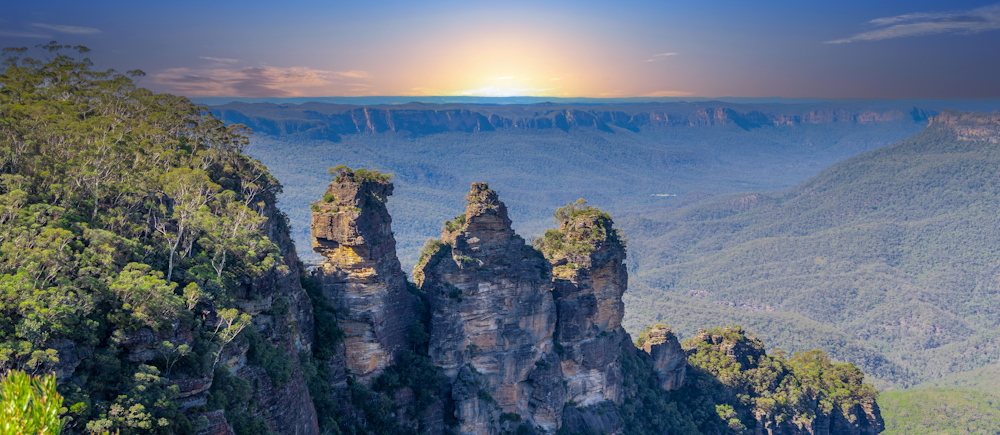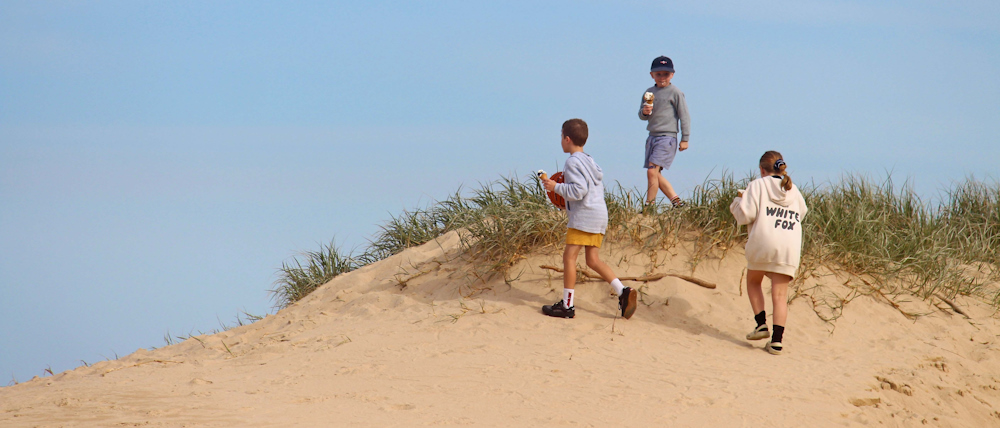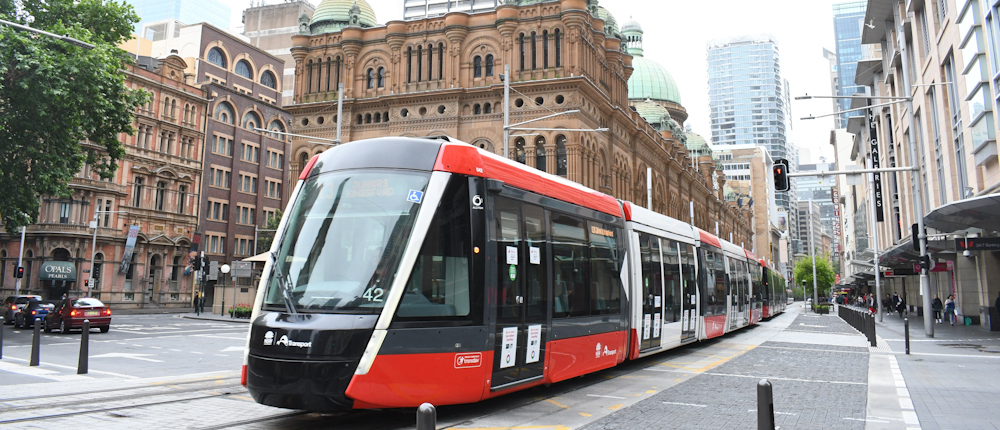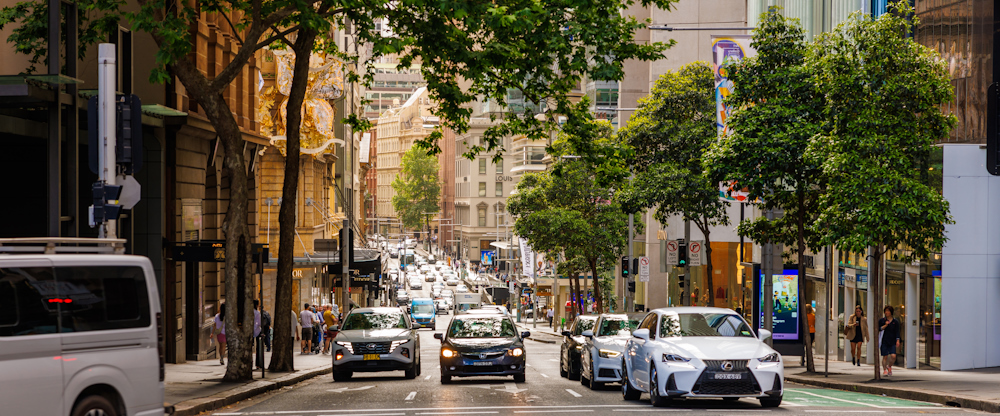Expats looking for accommodation in Sydney will find that the process is fairly straightforward, with many good residential areas to choose from in and around the city centre. For most expats, the final choice will depend on budget, proximity to schools and access to public transport.
Areas and suburbs in Sydney
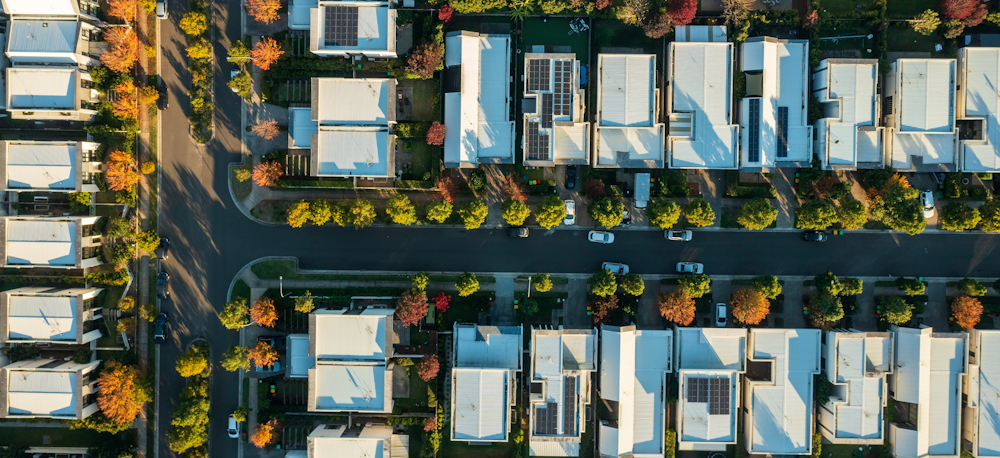
With a wealth of good neighbourhoods available throughout the city, Sydney has something for everyone. City slickers and suburb lovers alike are sure to find the perfect spot to settle down.
Inner-city areas are lively and exciting, and there’s always something new to see and do. Living at the heart of Sydney can be pricey, but those who opt to make areas like the Rocks and Potts Point their home have easy access to the best amenities and easy transport links. Views in these areas are also spectacular, often overlooking landmarks such as Sydney Harbour. Another huge bonus is that the commute to work is likely to be minimal to non-existent for those who both live and work in the city centre.
Those who long for city life but can’t quite afford the high prices that come with living in the centre of town should consider Newtown. It has a more artsy, bohemian vibe but is a popular choice among young couples and professionals.
Families in search of leafy suburbs with good schools will find plenty to choose from in Sydney. Manly is a seaside suburb that has lots to keep the little ones busy, while Parramatta is also a good pick.
For more, read our round-up of Areas and Suburbs in Sydney.
Types of accommodation in Sydney
Apartments
City living can be an attractive option for students or young professionals who prefer to be near universities and Sydney’s lively nightlife. Most of the accommodation in these areas will be in the form of apartments.
Freestanding houses
The outer suburbs of Sydney are primarily made up of freestanding houses, most of which offer more space and usually gardens, making them popular with families.
Rowhouses
Found all over Sydney, rowhouses share walls with neighbouring houses on either side. For those who want more space than an apartment can offer but can’t quite afford a freestanding house, rowhouses are a happy medium.
Furnished vs unfurnished
Most homes in Sydney come unfurnished, so make sure to consider the additional cost of either purchasing new furniture (including white goods) or shipping goods from home. One exception to this is serviced apartments, which are pricey but typically come with all furniture included in the rental price, right down to sheets and cutlery.
Short-term accommodation
There’s a lot of legwork involved in finding accommodation in Sydney, so it’s best to find somewhere temporary to stay while looking for a long-term lease. Short-term accommodation, such as Airbnb, is ideal for this as it’s generally cheaper than hotels.
Finding accommodation in Sydney

Many properties in Sydney are managed through estate agents, but it’s up to you whether you want to work directly with an agency or not. On the one hand, this may give access to properties before they go on the market, but on the other hand, doing the search independently may broaden possibilities.
Listings of available properties can be found on online property portals, estate agency websites and in newspapers.
In most cases, agents will be responsible for showing the property to applicants and handling the application process. Group viewings are the norm and take place at set times. If the property is well-priced or in a desirable location, expats should expect to be viewing it with up to a dozen other people.
Accommodation is usually snatched up fast, so being strategic about the timing of viewings can be helpful, as fewer attendees means less immediate competition. There will often be several showings scheduled for a particular property, and weekday viewings are less busy than those on weekends.
Useful links
Renting accommodation in Sydney
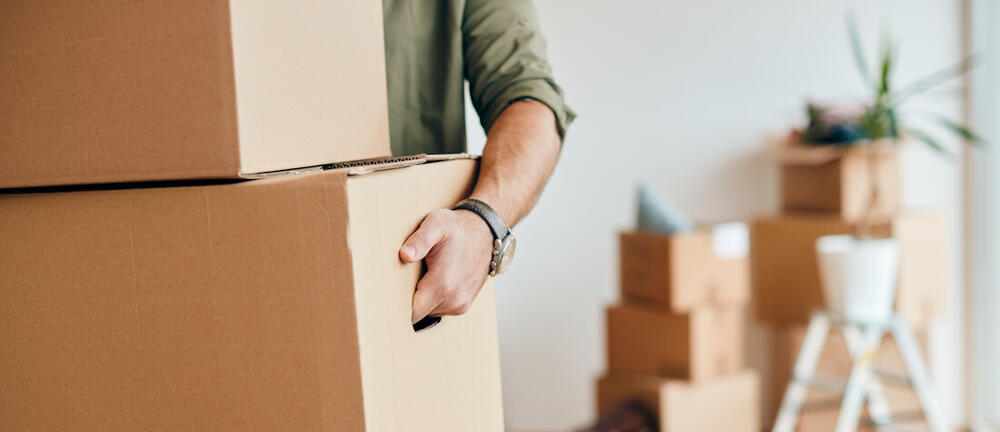
Making an application
Apart from references and income checks, the national ‘100-point test’ must be passed for an application to be considered. To pass the test, various forms of proof of identification must be submitted. Each type of proof is allocated a particular number of points, and the combined submission points must add up to at least 100.
Applications are considered in the order they were submitted, so timing is key. By law, discrimination of any kind is not permitted, so the first application that meets all requirements for references, documentation and affordability is accepted.
Leases and deposits
The typical lease length in Sydney is one year, although some agencies may offer shorter or longer periods depending on their internal policies and clients’ needs.
A deposit, or ‘bond’ as it is locally known, is payable upfront and is typically equivalent to between four and six weeks’ worth of rent. Once the lease expires, the deposit is returned in full as long as there are no damages to the property beyond normal wear and tear.
Paying rent
Rent for accommodation in Sydney is payable monthly and is typically submitted at the end of each month or, in some cases, each fortnight. Expats should note that property in Sydney is often listed with a weekly price. Expats from countries where the monthly rent is quoted on listings should keep this in mind, especially when they come across what appears to be an unusually good deal.
Useful links
Utilities in Sydney
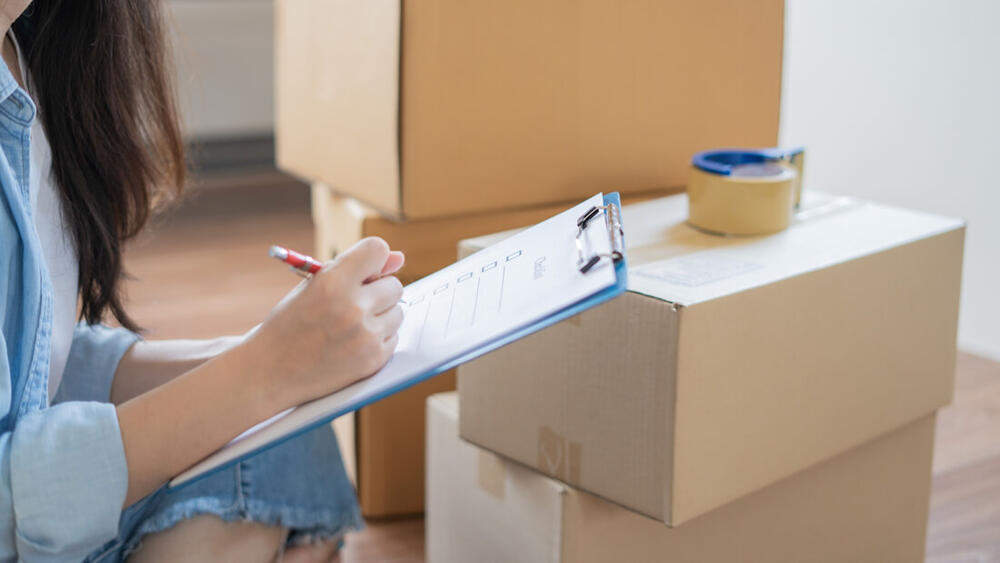
Utility bills are usually not included in the rental price and are the responsibility of the tenant. This extra cost should be factored in when considering how much you can afford to pay for rent.
Utilities that you may need to pay for include:
- Electricity
- Gas
- Water
- Internet
- Telephone
Read on to find out more about the various utility providers available in Sydney and how to get set up for the services you’ll require.
Electricity, gas and water
Electricity and gas charges may either be paid directly to the company supplying the service or to the property manager. If you pay directly, the service will be in your name, while if you pay through the property manager, it will stay in their name. Note that the property manager cannot ask you to pay more than the service provider has charged them for your usage.
Major electricity providers in Sydney include Red Energy, Alinta Energy, EnergyAustralia, Origin Energy and AGL. You can use a comparison website to check that you’re getting the best deal on your electricity. If you find a better deal, it may be possible to switch providers.
It’s worth noting that in the scorching summer months, electricity costs usually spike in houses with air conditioning.
Sydney Water provides water services in the city. The cost of water is often included in rental payments. However, if your home is individually metered, you may be charged for water. Check whether this is the case before moving in.
Gas in Sydney is supplied by Jemena.
Internet
The internet may not be automatically connected when you move into a new place. In this case, you must either contact a service provider to put in a connection line or – if there is already a connection line – have the service connected. If you wish to have a new line put in, you’ll need permission from the property owner.
Popular ISPs in Sydney include Aussie Broadband, Superloop, Telstra and Optus.
Useful links
